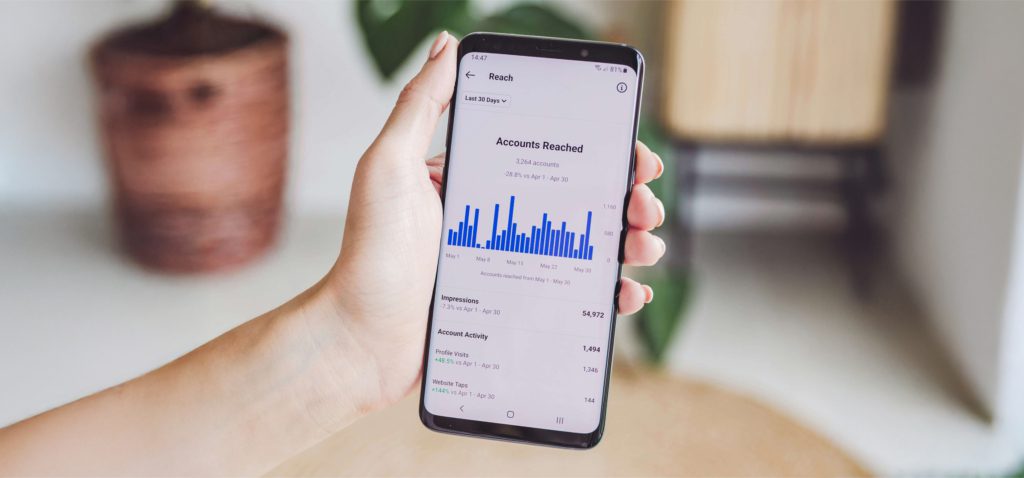Compiling a good keyword strategy for your site can be difficult, especially if you’re not accustomed to filtering keywords according to search intent, difficulty and volume.
To make the situation even more complex, the SEO community is rife with myths about keywords that can sound legit – but are actually going to make little impact, or even damage your efforts in the long run.
We’ve taken the time to source the five most popular keyword strategy myths and provide the definitive answer on whether they’re true or not.
1. Low-volume keywords aren’t worth focusing on
FALSE
Broader search terms may often seem more appealing due to their higher search volume, but the reality is that they will typically be harder to rank for. While big brands will be raking in organic traffic with head keywords, there are plenty of opportunities to be found when clustering low-volume, long-tail keywords into your content strategy.
By going for the ‘low-hanging fruit’, you are tapping into specific audiences and niche markets that your competitors may not be aware of. These people will be more likely to engage with your brand as they are searching for more detailed queries and will have a better sense of what they want.
Ultimately, keywords should be chosen based on their potential for giving you access to a dedicated audience with high conversion potential – either immediately or further down the line, based on the keyword intent.
By reading our guides on how to choose the right keywords and keyword clustering, you’ll be able to come up with a strategy that will allow you to harness low-volume keywords which have high potential.
2. Content must have a high keyword density wherever possible
FALSE
Back in the early days of SEO, keyword stuffing was an easy way to manipulate your rankings and soar to the top of the SERPs, but times have changed since then. Despite this, there is still a long-standing myth that the more keywords you can insert into your content, the better.
While there are tools out there which can come up with a ‘magic number’ of mentions a keyword should receive within a specific body of text, this figure should not be taken as a surefire guarantee of beating your competitors.
Anyone who tells you otherwise is completely ignoring other ranking factors such as EEAT criteria, your backlink profile, content decay, level of broken links, topic cluster size, site architecture...the list goes on.
The main focus for any SEO content creator should be to create genuinely useful content which is editorially sound. Inserting as many keywords as you can will harm the readability of your content, especially if you are trying to insert mechanical-sounding phrases that don’t read like proper sentences.
3. Keywords in URLs are a vital consideration
FALSE
In years past, newsrooms would operate SEO strategies whereby a lot of attention was paid to front-loading URLs by keyword search volume, and a piece of content wasn’t published until an SEO editor had fully optimised the URL.
However, URLs should be designed for the user, not search engines. While they carry some weight as a ranking signal, it’s only a minor one. What’s more, if you were considering rewriting your URLs across the board in a bid to improve your visibility, you should nip that idea in the bud right away – as you would likely be destroying all your efforts.
That’s because changing URLs after they have gone live in huge numbers is equivalent to suddenly restructuring a site, and you will likely see a drop in visibility instead of the boost you were hoping for.
4. Small sites will never outrank well-known ones
FALSE
It goes without saying that bigger brands will be able to spend more time and money on SEO, so one may assume that these sites will automatically do better in the SERPs.
While it’s true that bigger brand names will be more likely to pick up backlinks through their digital PR efforts, and head keywords will be able to be targeted at scale compared to smaller operations, it doesn’t then follow that Google will automatically give priority to these sites because they are more well-known.
The reality is that if you have a solid SEO strategy involving targeting niche keywords and maintain a strong local presence then you will be able to rake in organic traffic at decent enough levels that you won’t even think about the big brands anymore.
5. All target keywords need to include ‘near me’ for local SEO
FALSE
When you’re trying to get your brand ranking for local search results, it can be tempting to target keywords with geographic indicators such as ‘near me’ and to build out an SEO strategy which dictates these keywords must be prioritised in H1s and URLs.
However, such an approach ignores the sophistication of Google’s local search results. For example, when a user is looking for something with local intent – even if they simply type in a brand name such as a shoe or clothes shop – the top of the SERP will feature Google Maps results in the first instance.
That means that it’s smarter to target keywords with the location of your business – for example, ‘plumber in Wandsworth’ as opposed to ‘plumber near me’, even though the latter may have more search.
That’s because those who are looking for ‘plumber near me’ will be served with the location-specific results most relevant to them – not the site for your business based in Wandsworth.
By making your target keywords location-specific instead, you will be targeting long-tail keywords with lower – but more highly targeted, and therefore likely to convert – traffic.
Need help with your keyword strategy?
Sometimes you simply don’t have the time to compile an effective keyword strategy, which is where we can help. Get in touch today to find out what we can do for you.
We are also starting to book our slots for our Free Acquisitions Workshop next month, where you will receive expert advice, a tailored action plan, resources, and a free sample piece to upload to your channel with the biggest potential. Book today to make sure you don’t miss out!







